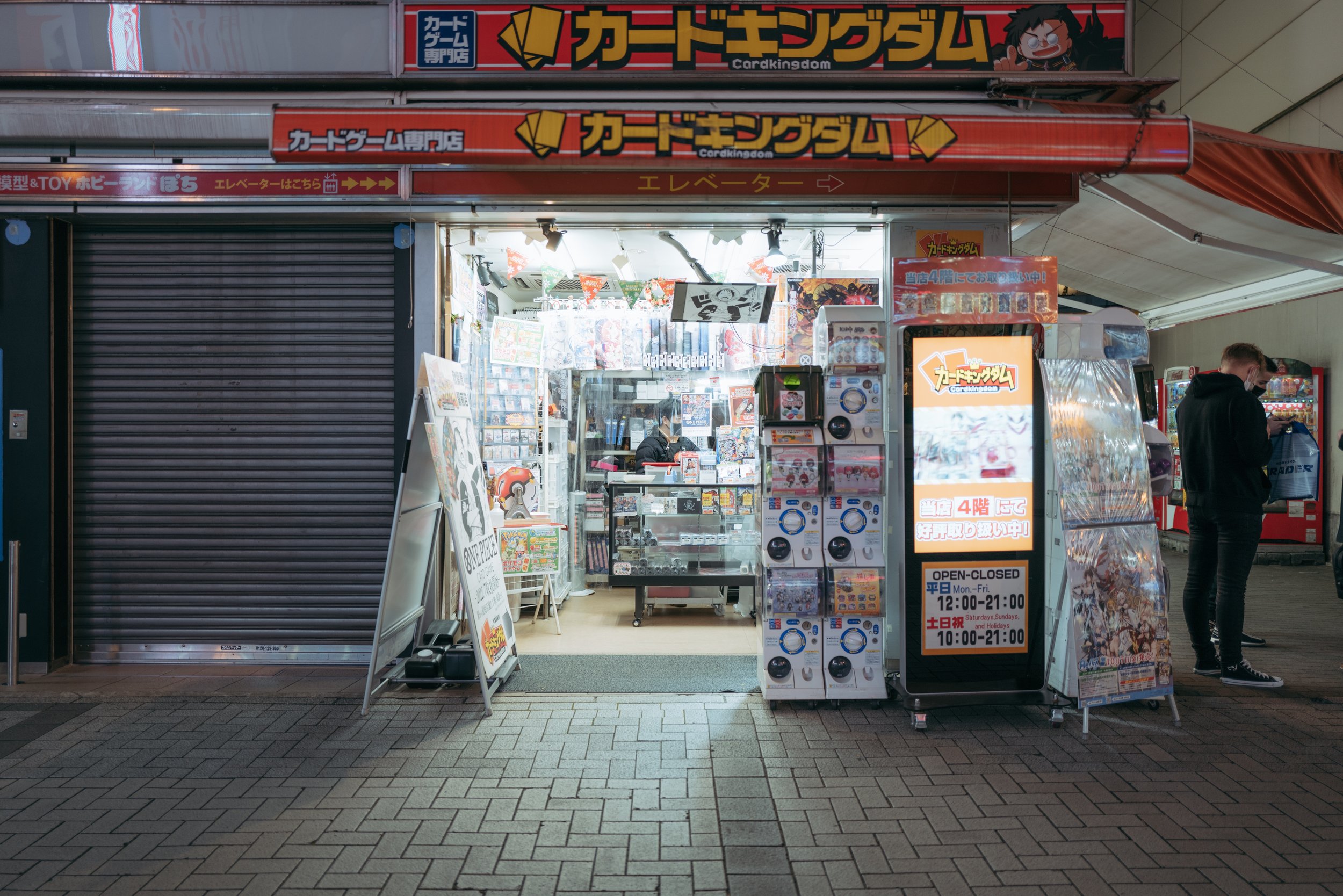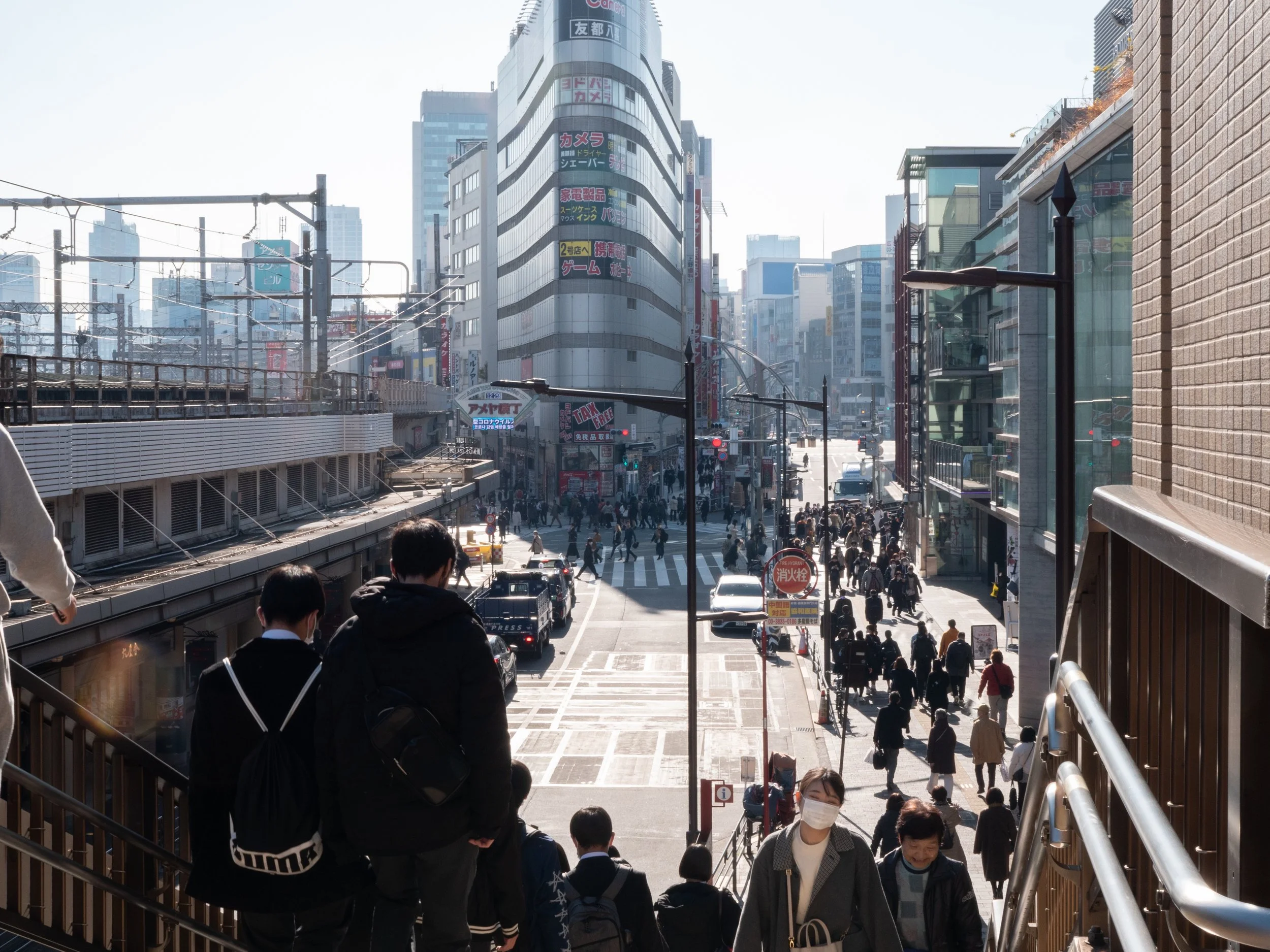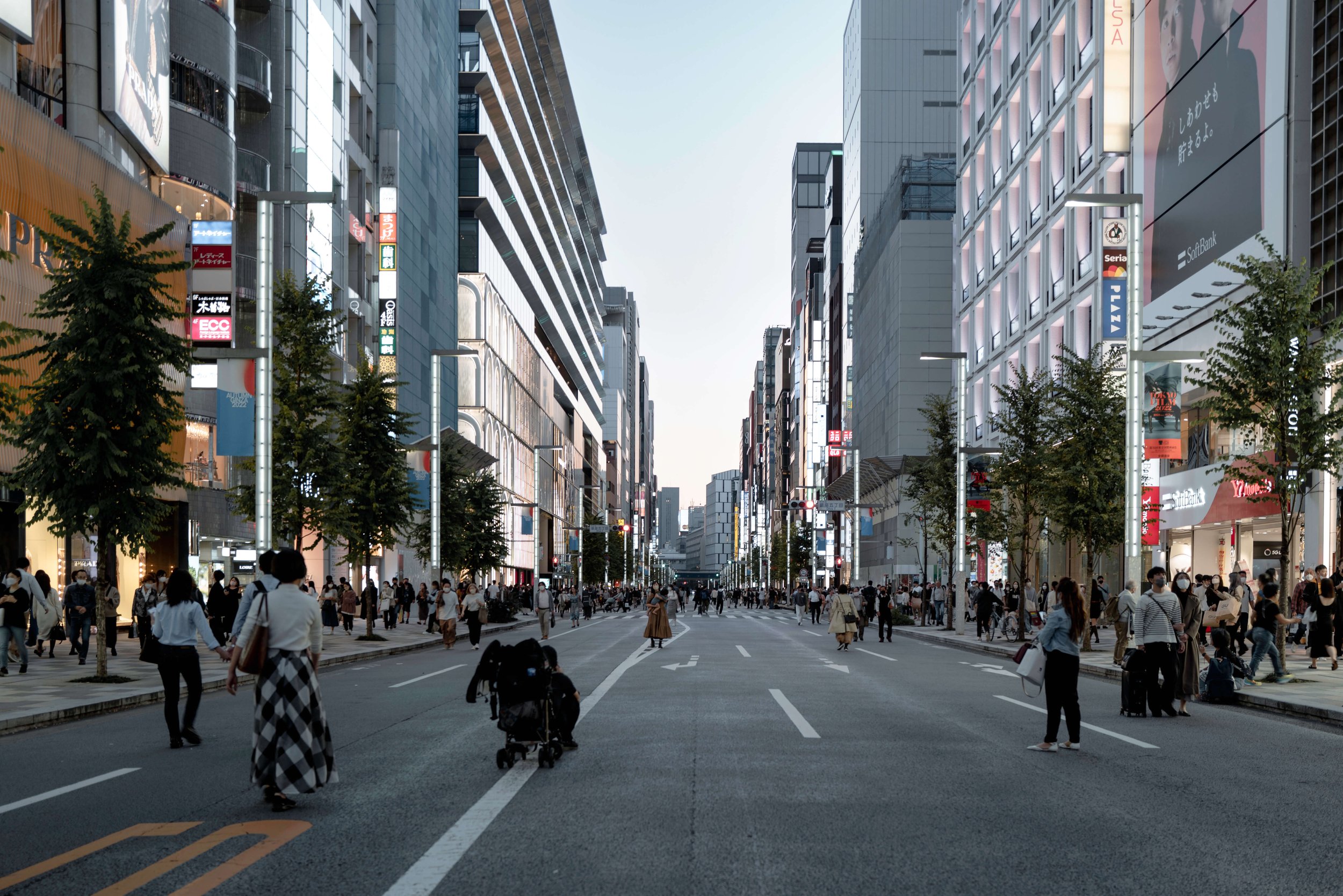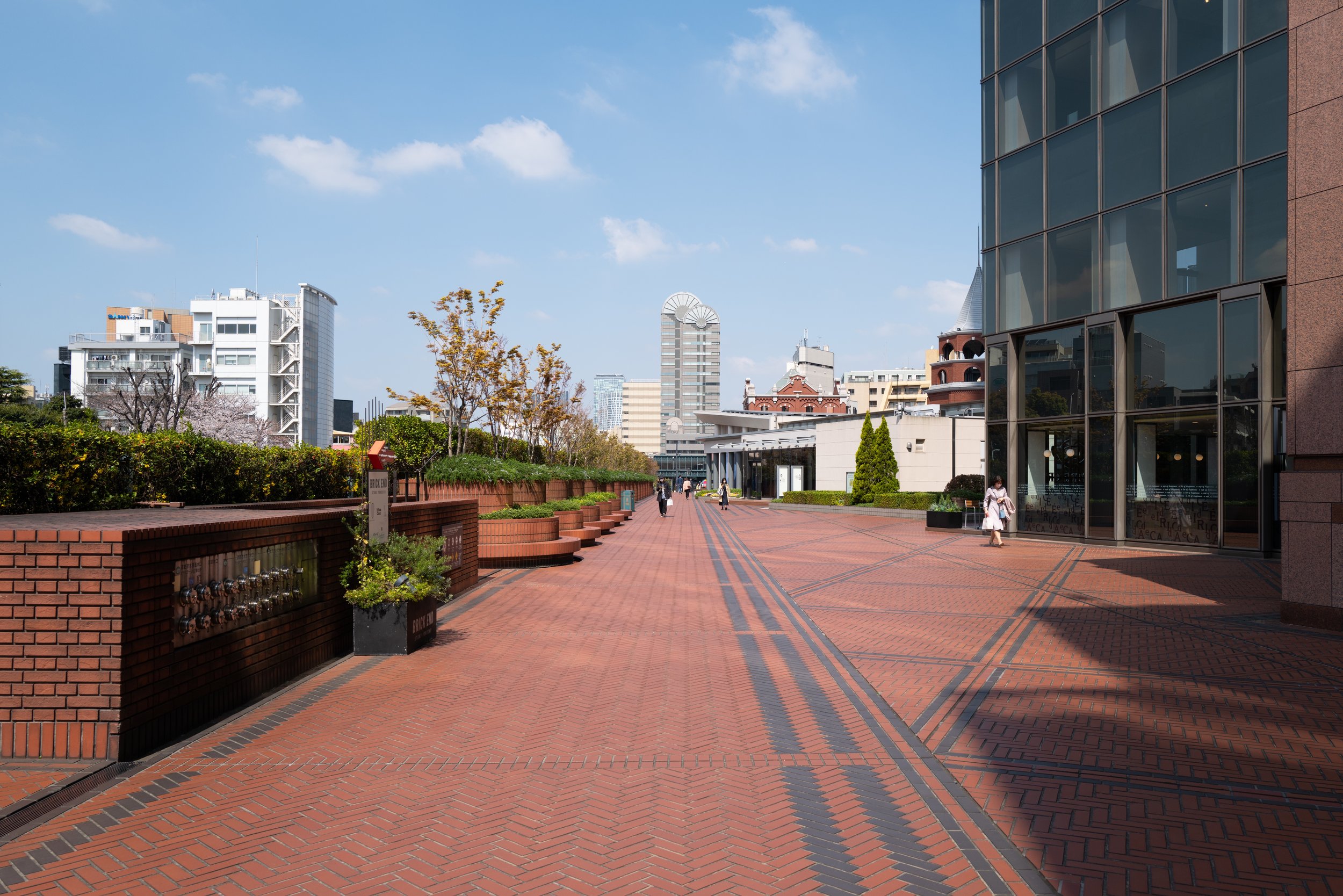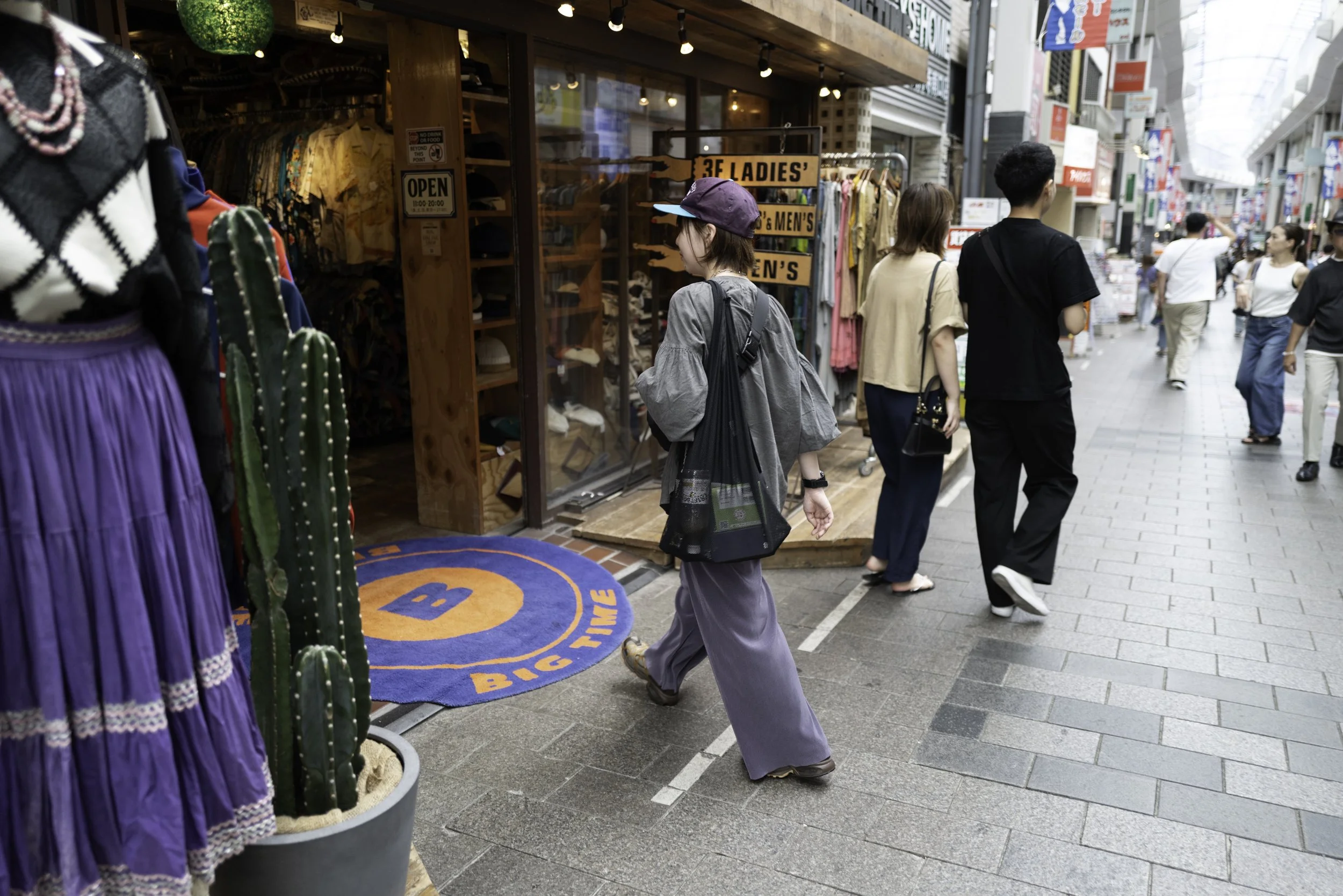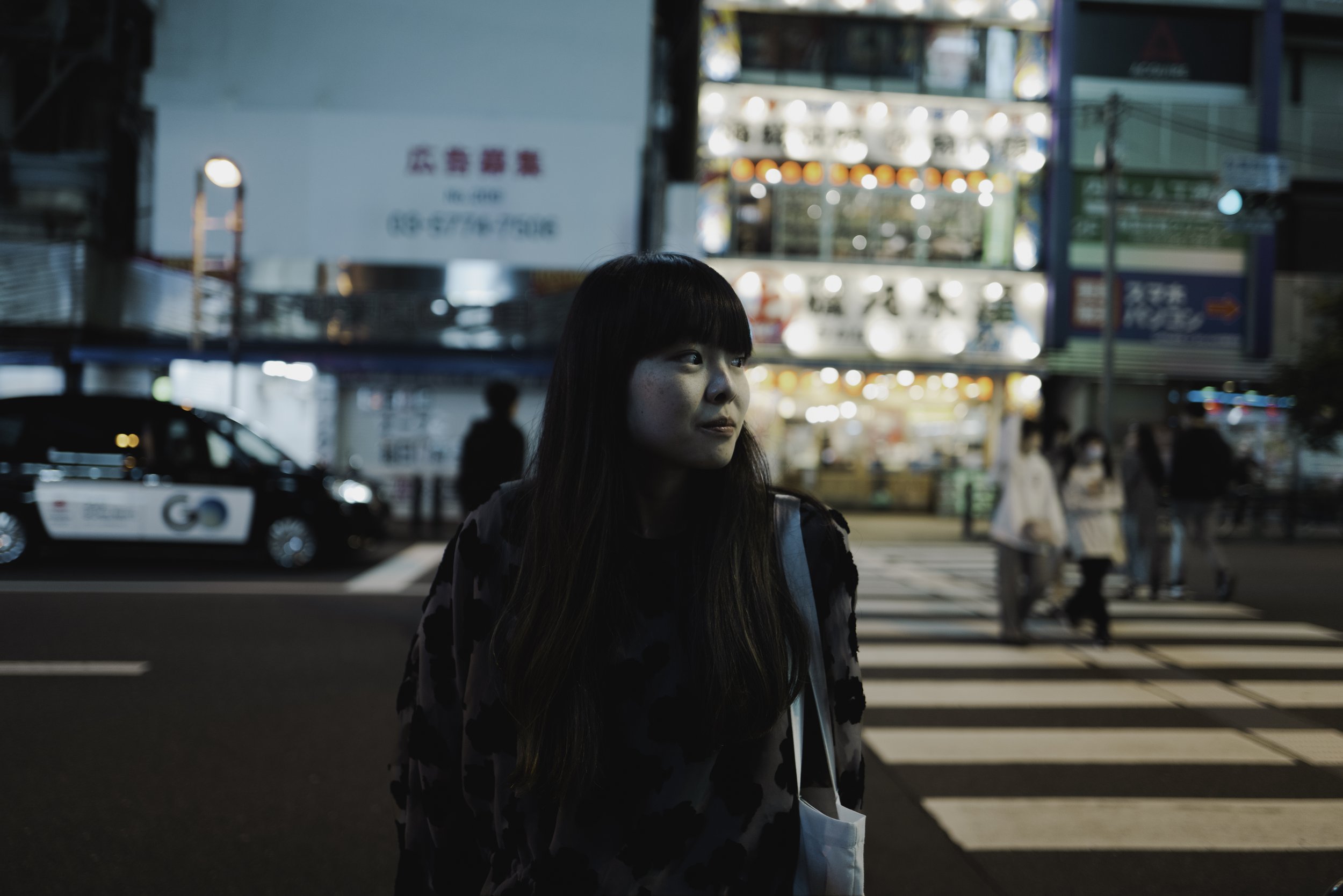
AKIHABARA
Japanese pop & otaku culture district
Akihabara top list
Akihabara: Tokyo's Fusion of Technology and Pop Culture
Akihabara's Evolution: From Black Market to Tech Hub
Once a black market post-World War II, Akihabara has evolved into Tokyo's center for electronics and a symbol of modern Japanese pop culture. The district attracts otaku, enthusiastic fans of video games, manga, and anime.
Unique Attractions in Akihabara
Electronics Galore: Browse duty-free electronics across a variety of shops, from small outlets to large hypermarkets like Laox and Yodobashi Camera.
Pop Culture Heaven: Immerse yourself in the otaku lifestyle with shops dedicated to anime, manga, and video gaming.
Gaming and Anime Hotspots
Tokyo's Leisure Land: This arcade is a gamer's dream, featuring video games and hosting professional e-sports events.
Iconic Arcades: Explore the GIGO arcades, multi-story complexes offering unmatched gaming entertainment.
Immersing in Japanese Pop Culture
Akihabara also serves as a live stage for Japanese idol culture and cosplay enthusiasts.
AKB48 Theatre: Fans of Japanese pop music must visit the birthplace of the famous AKB48 group.
Cosplay Experiences: Encounter cosplayers on the streets or rent your own costume at specialized photo studios.
Exploring Akihabara
Akihabara blends technology with entertainment, offering unforgettable experiences for tech lovers and pop culture enthusiasts alike.
A maid café is a type of cosplay restaurant found primarily in Japan. Maid cafés are themed restaurants where the servers, who are almost exclusively young women, dress up as French maids. The maids act as if they are serving a master in a private home, and often speak in a formal and exaggerated manner, using honorifics such as "goshujinsama" (ご主人様) or "ojo-sama" (お嬢様) to address customers.
Customers at maid cafés are typically young men, and the cafes often cater to a subculture known as "otaku," which is a term used to describe people with obsessive interests, particularly anime, manga, and video games. Maid cafes often feature live performances, games, and other interactive elements, and customers are often able to purchase keepsakes or have their photos taken with the maids.
However, the use of the term "maid girl" to refer to the servers may be seen as derogatory, and they are to be referred as "maid" or "staff". Additionally, these cafes has raised questions about gender roles, representation, and labor issues. The idea of young women dressing up as French maids and catering to the whims of male customers has been criticized as objectifying and demeaning.
Maid Cafè and Maid girls in Akihabara
A Maid girl is accompanying a customer to a maid cafe. The other girls are standing waiting for new clients.
Street scene in Japan during evening with people walking, bicycles parked, and brightly lit buildings with Japanese signage.
People waiting in line on a city sidewalk at night, many wearing masks. Some are dressed in school uniforms or fashionable winter clothing, with trees and brightly lit buildings in the background.
A group of people, many wearing masks, standing along the sidewalk under yellow autumn trees at night in an urban area with illuminated billboards and buildings.
A woman dressed in a Christmas-themed outfit with a red dress, white fur trim, and a bear face purse, standing on a city sidewalk with trees, cars, and buildings in the background, wearing a face mask.
Nighttime street scene in Japan with a building featuring multiple signs in Japanese, people walking on the sidewalk, some wearing masks, and a no-parking sign in the foreground.
Advertising billboard with two women dressed as maids in a cafe, with Japanese text and contact information on the signs, set on a city building.
TOKYO












